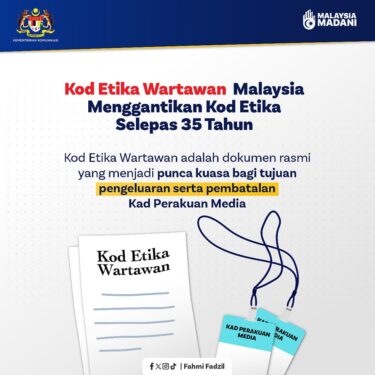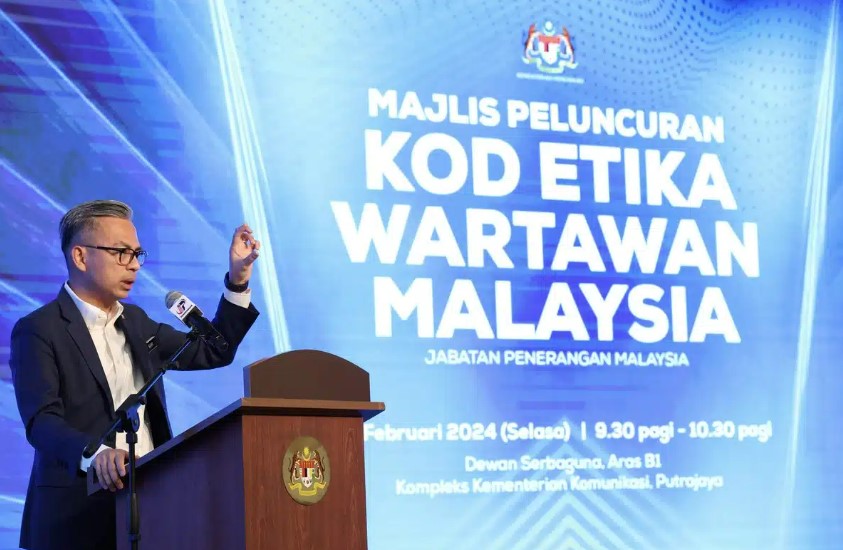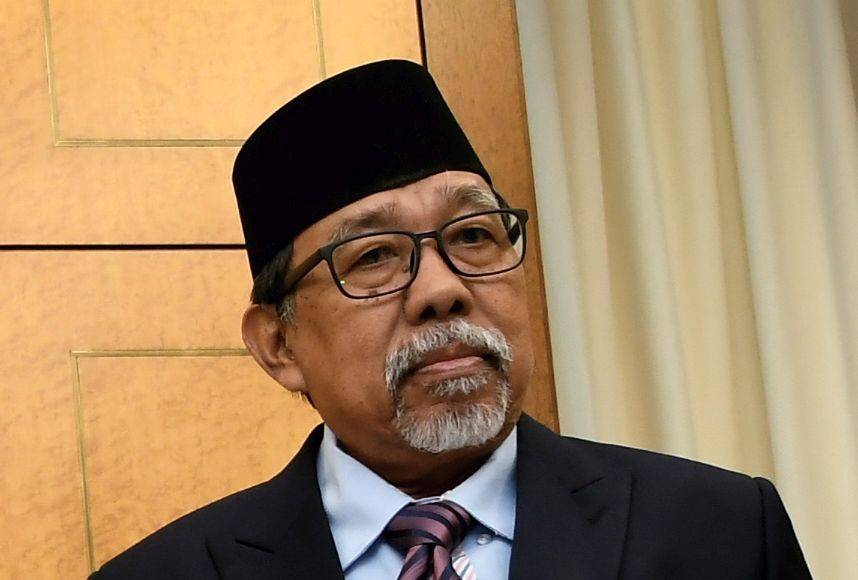IN THE age of governments not having the best interests of the society, the recent introduction of the code of ethics for media personnel is most unwelcome.
Although the government has said that it was an improvement over the existing code of ethics established in 1989, fears abound that the amended version might affect the freedom of the media.
Issuing permits under the bureaucratic arm of the state for media personnel suggests the larger and more pernicious interest of the government to subdue the media.
Dissemination of fake and inaccurate news might not be just controlled and managed by the code of ethics for journalists especially when fake news seems most associated with politicians and others.
The government in Putrajaya is not the modern version of King Hammurabi (1776 BC) where code of ethics/conduct could be established and expected to be adhered to.
At least, Hammurabi saw the flaws in human nature having their roots in the hierarchy of the society.
Recent writings have established beyond doubt that the dissemination of fake news might not be the sole monopoly of the media or the journalism fraternity.
If this is so, why the need to rush the amendments or improvements to the already existing code of ethics?

Is the gov’t feeling threatened?
There should instead be a code of ethics for politicians who have promised reforms but never fulfilled their promises or have conveniently forgotten about their election manifesto.
In the age of information communications technology (ICT) with its varied manifestations, journalists and media personnel are already finding it difficult to make ends meet. The last thing they need is for the government of the day to throw sands into their rice bowls.
What is needed is a more enabling atmosphere where the media could be nourished and appreciated. There are far more better and urgent things for the government to do then to come up with the code of ethics for journalists and media personnel.
Rather than the government poking its nose in what journalists should do and not, the establishment or improvement of the code of ethics should be left to the media themselves.
As they say in the academic world: publish and perish. The idea is for journalists to have the freedom of writing and publishing but with the attendant risks of punishment.
The introduction or the amendment to the code of ethics cannot be just prematurely judged on the grounds of far-reaching changes in the realm of ICT. Such changes have been going on for a long time.
Why the sudden interest in updating the code of ethics? Is there something that the public is not aware? Or is it because the trenchant criticisms by the media is hurting the government of the day because of its non-performance?
Alternatively, I suggest that the areas the government should give prominent attention to are:
- To arrest the decline of the Malaysian currency;
- To examine ways and means to control the rise in food prices especially their effect on the poor;
- To speed up institutional reforms that are urgently needed; and
- To value the contribution of Malaysians irrespective of race or religion and many others.
There are already existing laws and regulations to guide the media. It is not that the journalists and media personnel (the same cannot be said about cybertroopers) are roaming freely without any control.
It is not that code of ethics is not important but the government given its reputation should stay out of it. As the Tamil proverb aptly puts it, “the fly has no business in the place where iron is smelted”.
Whether one agrees or not, King Hammurabi had reasons for the introduction of the code of conduct for the Babylonians. However, the present government in Putrajaya has no business in establishing the code of ethics for media personnel. – Feb 22, 2024
Former DAP stalwart and Penang chief minister II Prof Ramasamy Palanisamy is chairman of the Urimai (United Rights of Malaysian Party) interim council.
The views expressed are solely of the author and do not necessarily reflect those of Focus Malaysia.
Main pic focus: Bernama









